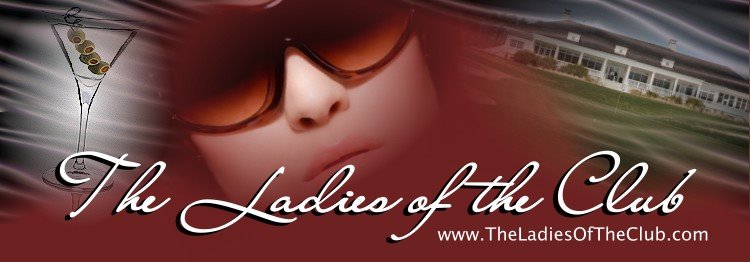 One of the charges most often leveled at romance books is that they will confuse their poor, empty-headed readers into expecting reality to match what they read (never mind that this more accurately reflects the person's low opinion of romance readers than of romance books themselves).
One of the charges most often leveled at romance books is that they will confuse their poor, empty-headed readers into expecting reality to match what they read (never mind that this more accurately reflects the person's low opinion of romance readers than of romance books themselves).So, it is with brutal honesty, and as a service to romance readers (and reviewers) everywhere, that I offer this critique of reality versus fiction with regard to my fiance's recent proposal.
Preparation for the proposal
In fiction, proposals are often spur-of-the-moment things, when the hero is completely overwhelmed by his feelings, and must make the heroine his Right Now. The alternative is in romantic comedies, when the hapless hero makes attempt after attempt to create the Perfect Moment, with little or no success.
In reality, my fiance wrote, edited, and revised a proposal. Then, deciding that still wasn't guaranteed of success, crafted a devious plan to reduce my willpower to nothingness before overwhelming me with his charm and leaving me no choice but to accept his proposal.
Lead-in to the proposal
Traditionally, the man gets down on one knee before his intended before asking if she will marry him. Often in fiction, there is first a sumptuous meal.
My fiance gave me a two-hour hot stone massage. (See above comment regarding devious plan to reduce my willpower to nothingness.) He totally wins.
The wording of the proposal
Fictional proposals are full of clever wording, double and triple meanings, and scintillating wit. After all, the author knows you're going to be reading and rereading this passage, so she's got to get it right!
While "cleaning up" after the massage, my fiance said casually, "Oh, I forgot about this rock." But it wasn't a massage stone, it was a diamond. Double-meaning, clever wording and wit, although briefer than most fictional proposals.
The ring
Fictional heroes tend to have either huge bankrolls that can buy diamonds big enough to give you carpal tunnel syndrome from the effort of lifting your finger while wearing it, or be sweet yet impoverished heroes who give promisory rings that they swear to upgrade once they've made good, which they're certain they'll do with the heroine at their side. The ring always fits perfectly.
The ring stopped just past the first knuckle of my ring finger, being MUCH too small for my finger, because it was a family heirloom. The diamond dinner ring had belonged to his mother, but the large central diamond had come from his grandfather's diamond pinkie ring, which his father had reset with a slab of jade in the center when he inherited it. My fiance now wears the jade pinkie ring, which he inherited from his father. So the stones in our rings share a history. And, we get to have the stones reset into our choice of modern rings, a decision I will make jointly with him, versus having to spend the rest of my life wearing a ring someone else selected. He totally wins.
Reaction
The fictional heroine invariably squeals, throws her arms around the neck of her man, kisses him passionately, and says, "Yes!"
I giggled, closed my eyes, and said, "You're so silly!" Then realized I didn't recognize the ring. Opened my eyes, and squealed, "You mean, that's a REAL ring?"
What does this tell us about romance fiction versus reality? That real men can be even more romantic than fictional romance heroes. And that romance writers can be far, far LESS romantic than fictional romance heroines...or at least much slower on the uptake.


 I recently picked up a book called Bikini Boot Camp. (I was looking for a replacement Pilates book, having realized after a few hours of searching that the reason I couldn't find mine was that I'd loaned it to someone, and picked up this instead -- I don't know the authors.) It's non-fiction, in the health and wellness section of the bookstore. The book describes the two-week intensive weight-loss and fitness program at a famous tropical health resort. Every day starts with yoga and meditation, then breakfast, lunch, snack, and dinner, with time in the middle somewhere for a cardio workout, Pilates workout, and weight training. There's also questions to ask yourself (and answer) in your journal, and a different home spa treatment, so your skin and hair looks as good as the rest of you feels.
I recently picked up a book called Bikini Boot Camp. (I was looking for a replacement Pilates book, having realized after a few hours of searching that the reason I couldn't find mine was that I'd loaned it to someone, and picked up this instead -- I don't know the authors.) It's non-fiction, in the health and wellness section of the bookstore. The book describes the two-week intensive weight-loss and fitness program at a famous tropical health resort. Every day starts with yoga and meditation, then breakfast, lunch, snack, and dinner, with time in the middle somewhere for a cardio workout, Pilates workout, and weight training. There's also questions to ask yourself (and answer) in your journal, and a different home spa treatment, so your skin and hair looks as good as the rest of you feels.
